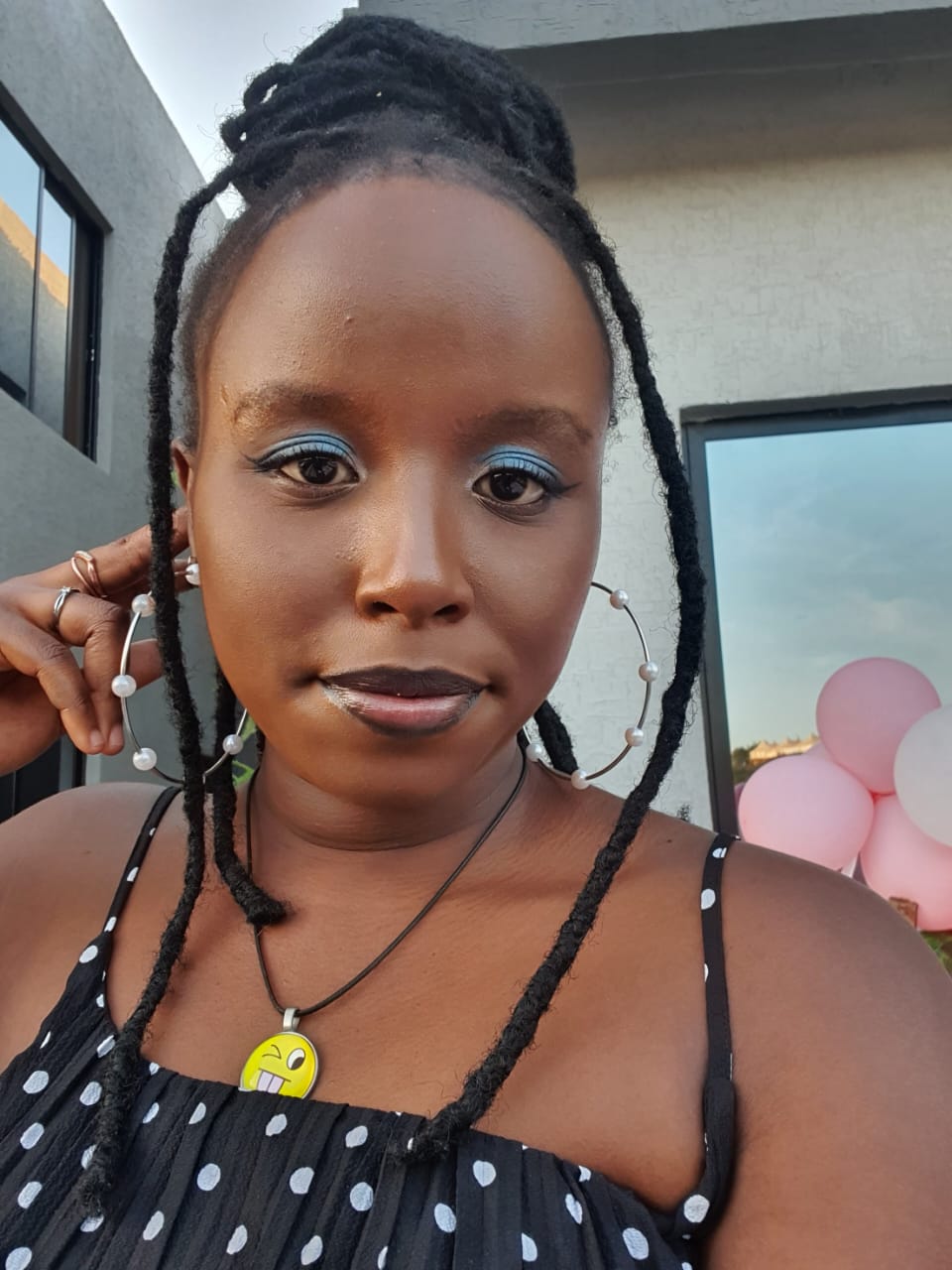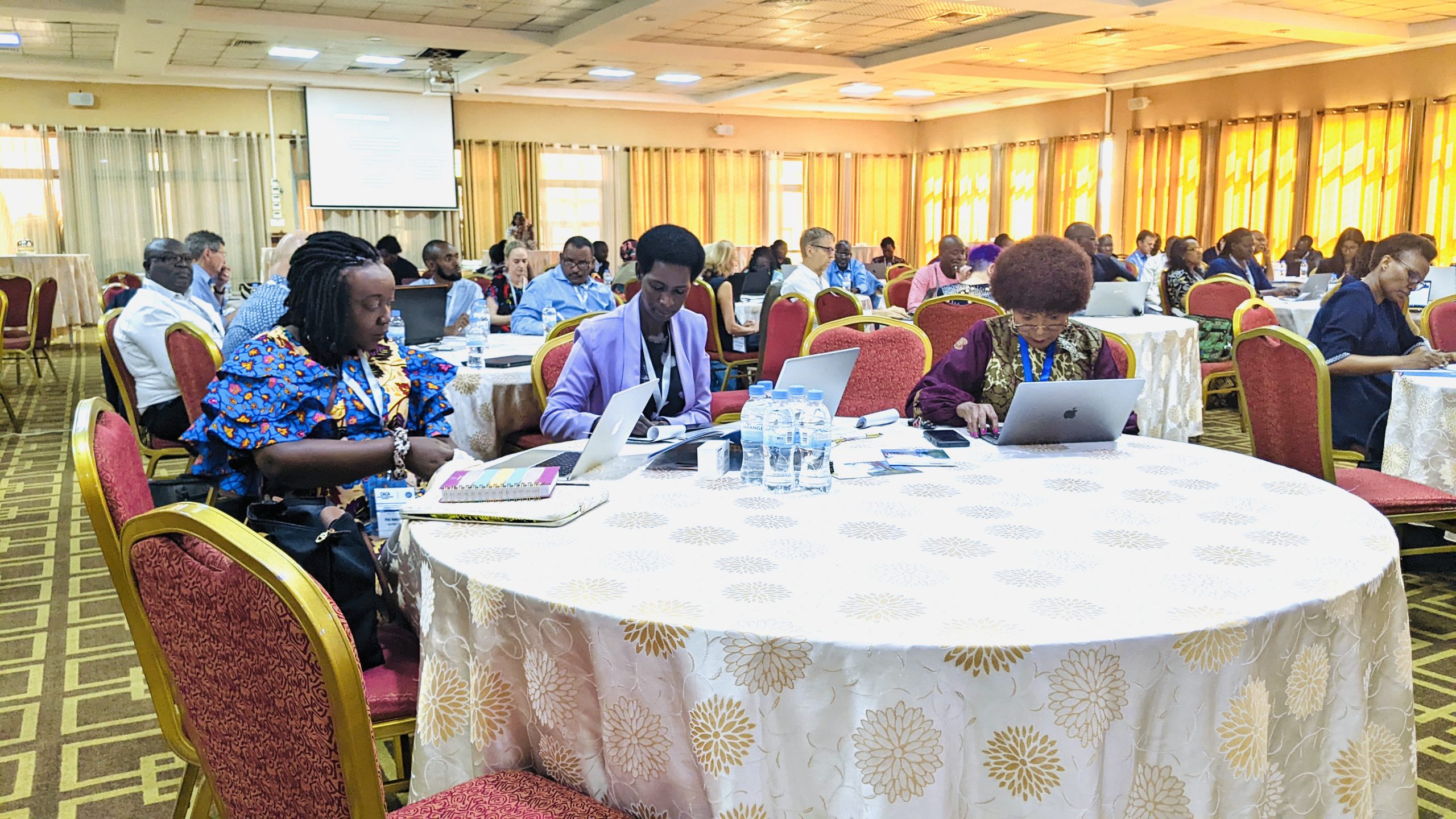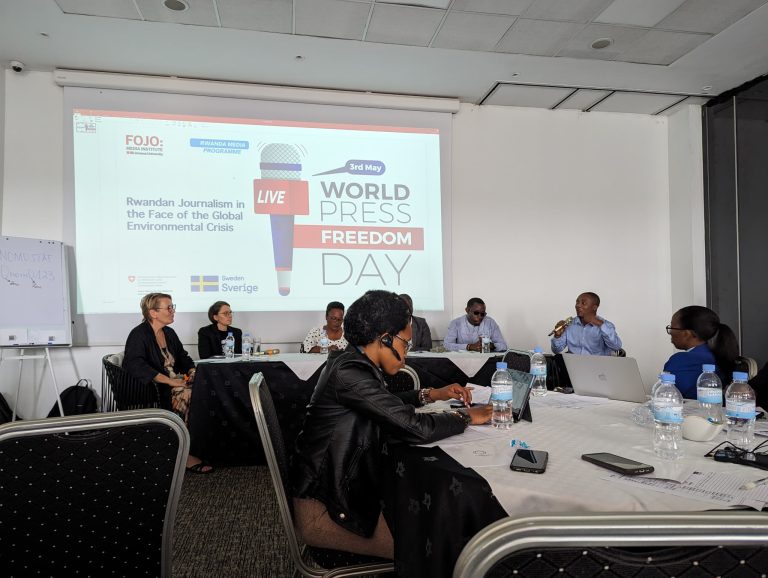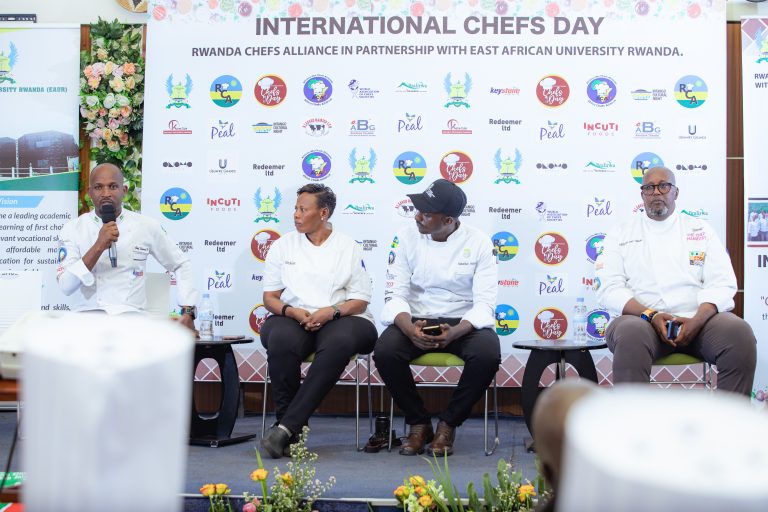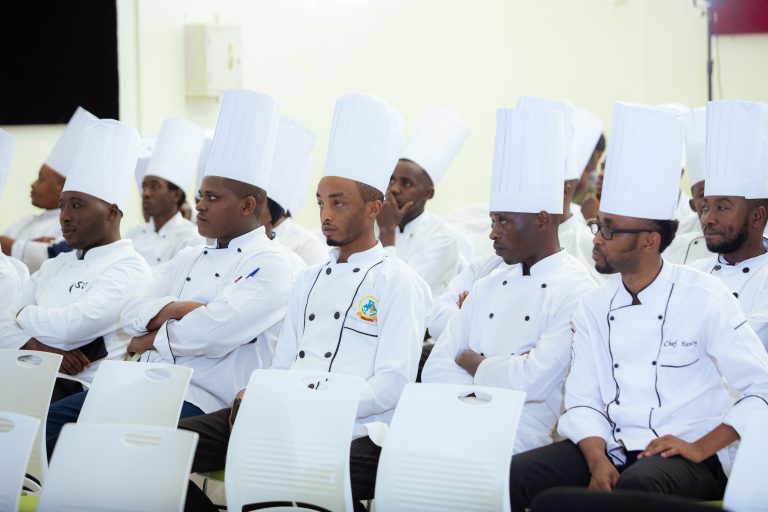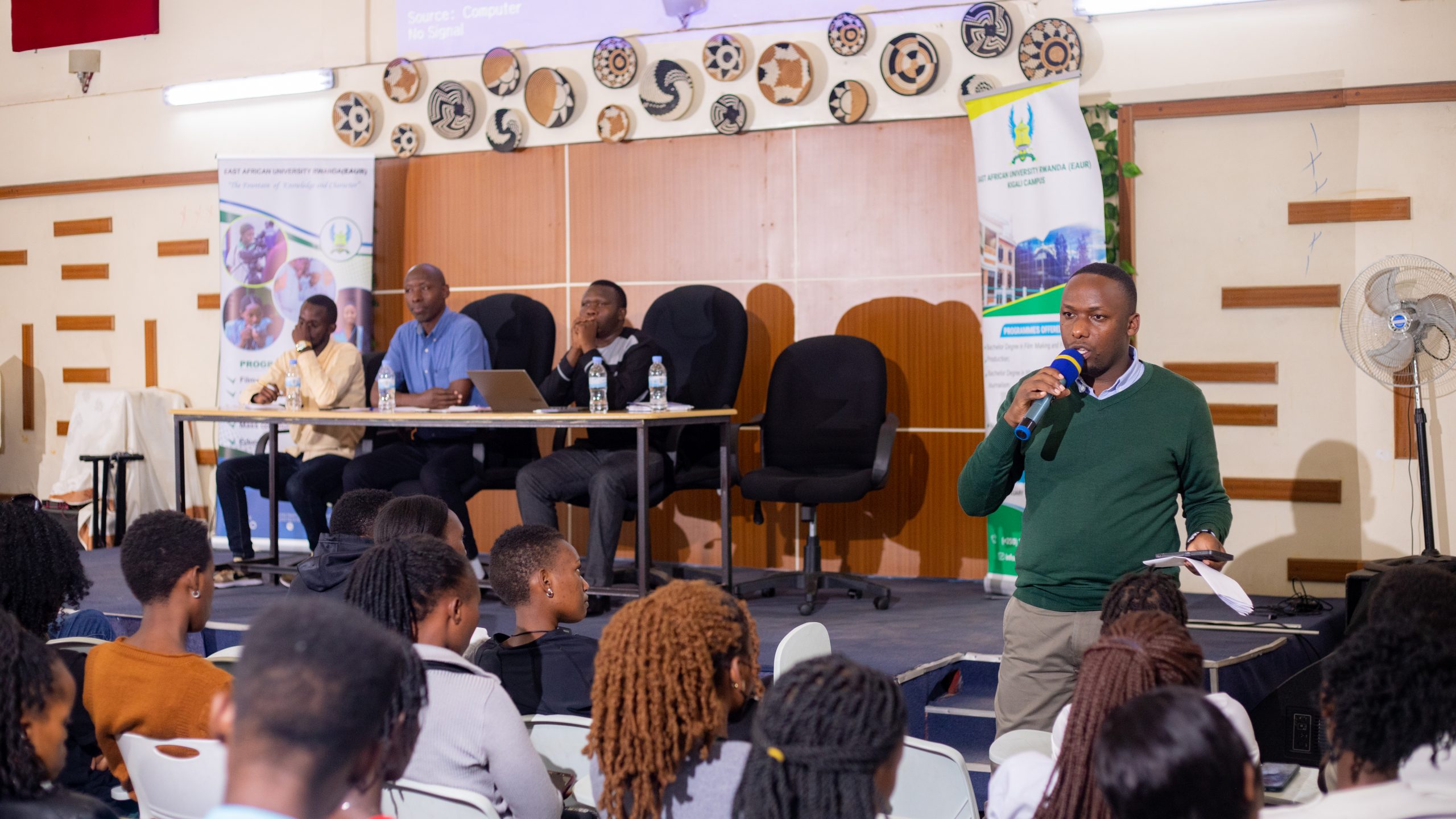BY: Ann Mbugua.
The three-day 13th annual East African Communication Association conference has concluded, marking the end of a thought-provoking event. The conference served as a nexus for scholars, academicians, researchers, and practitioners hailing from more than 10 countries. With the University of Rwanda at the helm, in collaboration with Foyo Media Institute and NORAD, the event was hosted under the current project titled “Preparing Media Practitioners for a Resilient Media in Eastern Africa.”
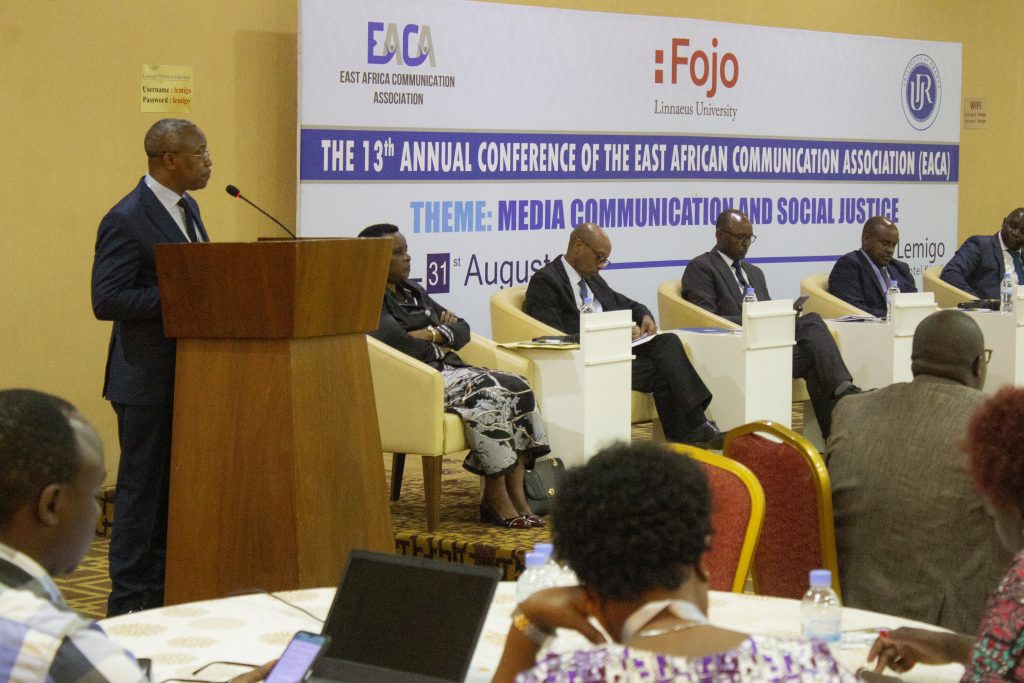
Under the overarching theme of “Media Communication and Social Justice,” this year’s discourse encapsulated multifaceted topics such as gender, health, climate change, development, democracy, artificial intelligence, and education. Remarkably, this marked the second time the conference was staged in Rwanda, adding significance to the 13th iteration of this prominent gathering.
The conference featured a rich array of panel discussions that illuminated diverse subjects. Attendees engaged in dialogues encompassing vital themes including the challenges of teaching journalism in the wake of conflict or crisis, the nexus between media communication and development, the sustainability of journalism practices, the intricate interplay of media, gender, and identity, as well as the evolving landscape of artificial intelligence, algorithms, and data-driven journalism. These discussions, among many others, underscored the event’s commitment to fostering informed conversations on the most pressing issues in the realm of East African communication.
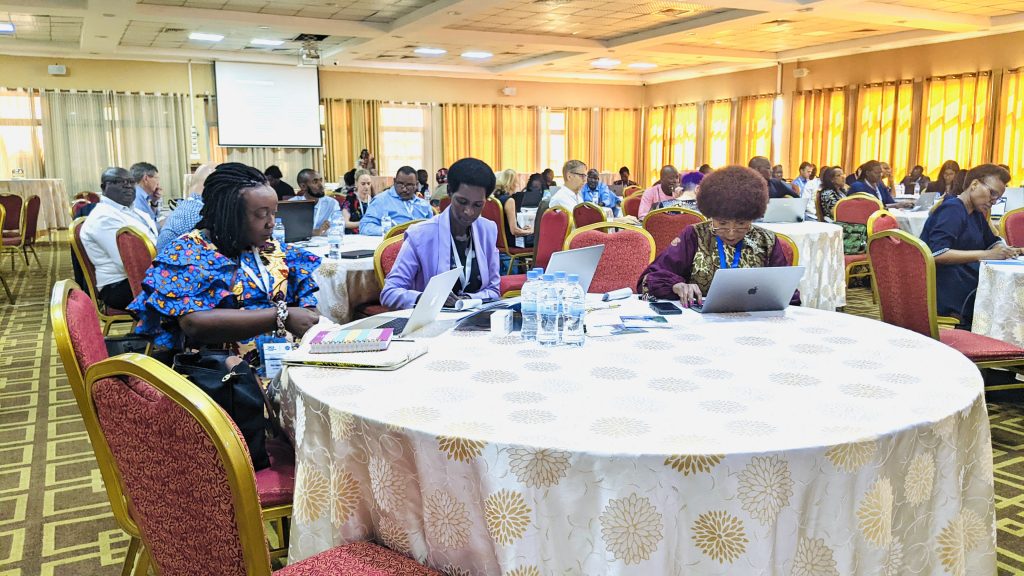
As the conference started there was much anticipation for what would yield from the three-day conference, In his opening remarks the then-serving EACA president Dr.Wilson Ugangu expressed how important this year’s theme was, in relation to our society “This year’s theme touches the core of our society and the challenges our people face each day, today there are many forces that continue to degrade and diminish our communication space, these forces some traditional and others new continue to constrain vital spaces where issues of concern to society should be negotiated, debated and all voices given a chance to be heard. at this conference, we have a good opportunity to interrogate and to share ideas to assist in shaping better and responsive journalistic practices that strengthen social justice for our community.”
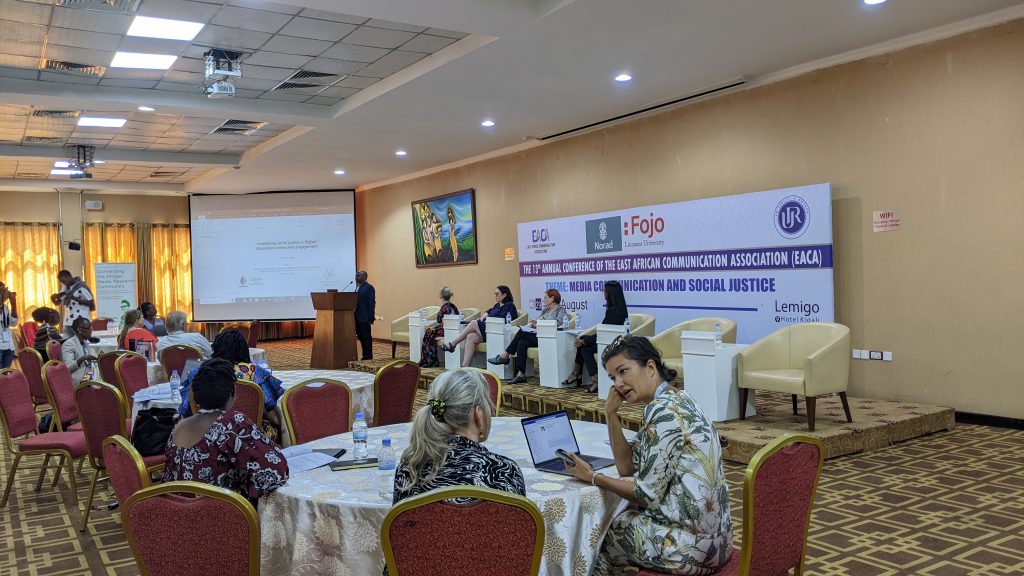
According to the communication analyst from the office of the government, this year’s theme deeply resonated with Rwanda’s journey of reconciliation and collaborative aspirations of the East African community in this era where the media has the power to amplify voices to bridge divides and shift narratives.
Over the course of a three-day conference, attendees were treated to enlightening keynote presentations from distinguished speakers. On the first day, Professor James Kiwanuka-Tondo took the stage to delve into the critical topic of “Using Participatory Communication to Promote Sexual Reproductive Health among Girls.”
As the conference rolled into its second day, attendees eagerly awaited the insights of Lars Tallert, the founding president of the Sustainable Journalism Partnership, Fojo. His presentation centered around the theme of “Sustainable Journalism in Development Contexts,” shedding light on the pivotal role journalism plays in fostering sustainable development.
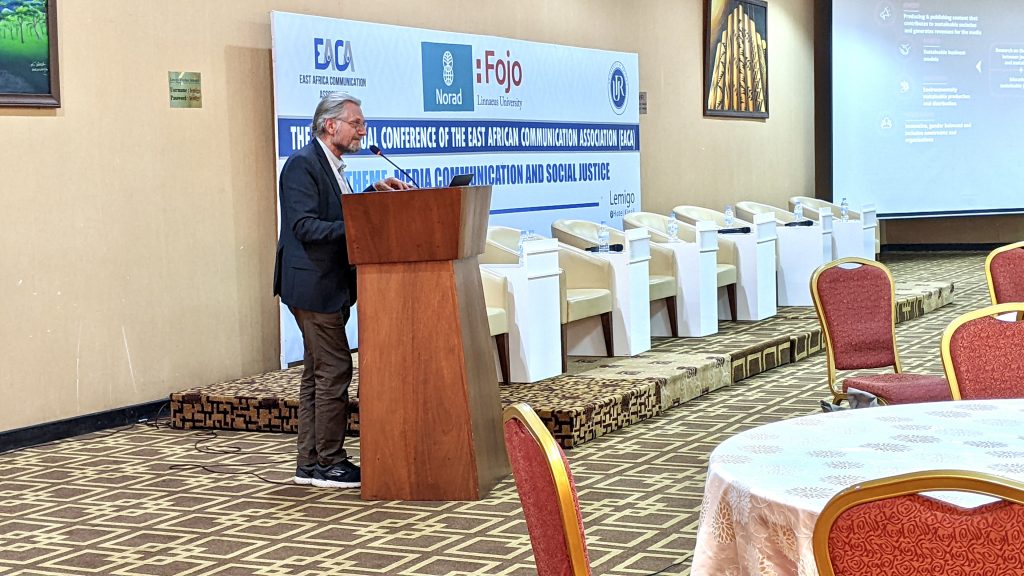
The concluding day of the conference featured Ms. Pamela Sitoni, a notable figure from the Nation Media Group in Kenya. Her address, titled “The Place of Journalism in the Evolving Media Landscape,” offered a deep exploration of the evolving nature of journalism in today’s dynamic media environment.
These three captivating keynote presentations provided conference attendees with a rich tapestry of knowledge and ideas, making the event a memorable and enlightening experience for all.
The conference concluded on a positive note, exceeding the majority of delegates’ expectations. A wealth of experience and information was graciously provided throughout the evening, strengthening the discussion on the various themes under consideration.
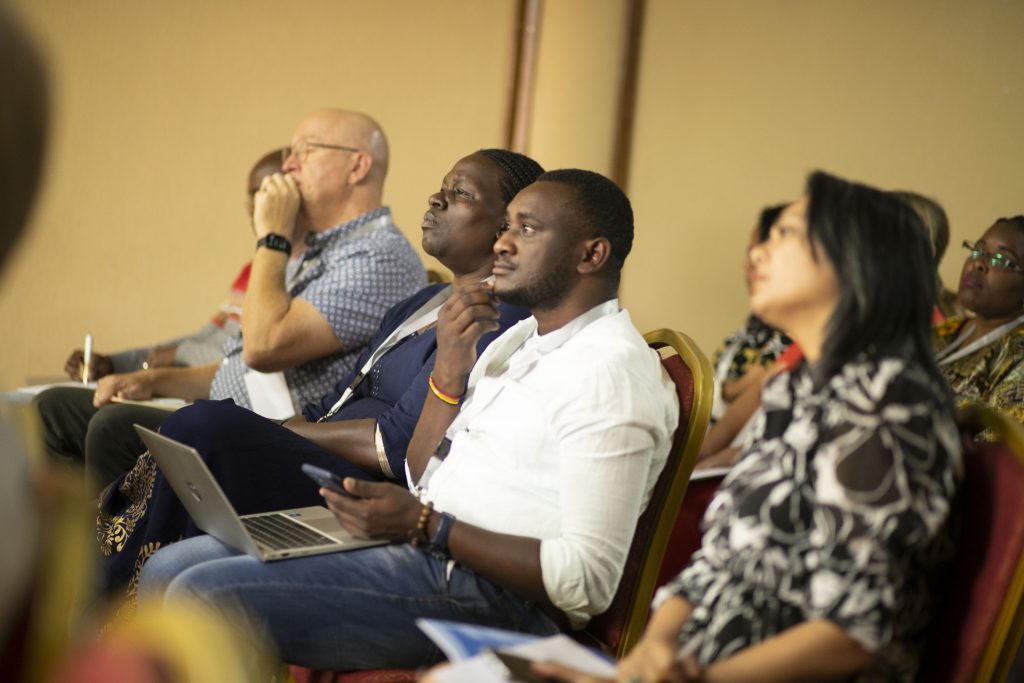
During the concluding session of the conference, the acting Vice President of the East African Communication Association (EACA), who is also the Editor of the African Journal of Communication, extended an invitation to the researchers present. He urged them to submit their papers for possible publication once their research had been refined to its final form. The Vice President outlined a complete set of publication criteria:
- Clear Introduction with Citations: Papers should begin with a well-defined introduction, which should be backed by appropriate citations.
- Clear Purpose Statement: A succinct and explicit statement of the research’s purpose must be presented.
- Clear and Comprehensive Literature Review: Scholars are required to give a thorough and comprehensive evaluation of existing literature related to their topic.
- Methodology with Key specifics: Submissions must give a clear methodology that includes essential information such as specifics on the researched population, sample size, and the methodologies used for data collection and analysis.
- Results, Discussion, and Clear Conclusion: Papers should comprise a part presenting the study findings, followed by a discussion of those findings, and a concise and well-structured conclusion.
The acting Vice President of EACA completed this announcement by stating that the submission deadline is November 30th, 2023. This substantial publication opportunity demonstrates the organization’s dedication to fostering scholarly communication and information dissemination. Scholars are invited to meticulously prepare their papers to fit these standards and to grab this opportunity to contribute to the scholarly conversation.
Elections were also held to select new EACA board members. Prof. Margaret Jjunko was elected president to replaceDr. Wislon Ugagu, who had served in that capacity for the previous four years. Prof. James Kiwanuka Tondo, on the other hand, retained his post as vice president.

